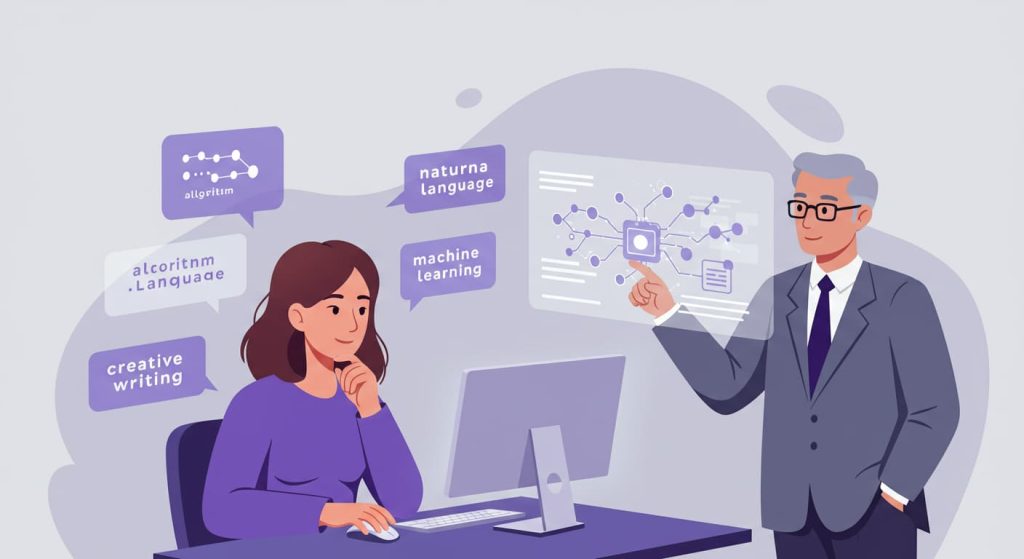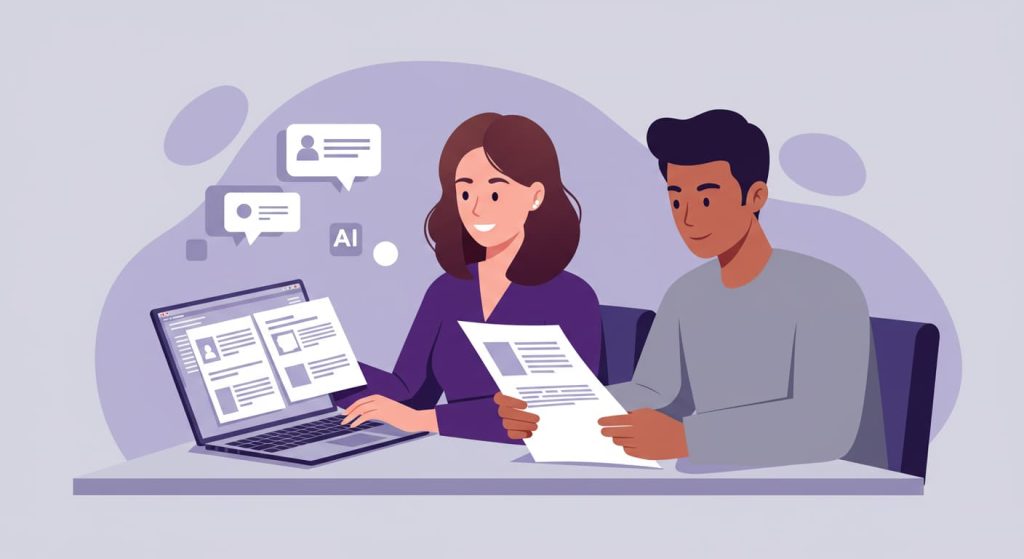Picture this: You’re racing against a deadline to submit your college application essay, and instead of sweating over every word, you let a computer write it for you. Sounds like something out of a sci-fi movie, doesn’t it? Well, thanks to artificial intelligence, that future is creeping closer every day. AI tools can churn out text that sounds eerily human, tackling everything from blog posts to emails. But when it comes to something as deeply personal as an application essay—where your voice, experiences, and dreams need to shine—can AI really cut it?
In this article, we’re diving into the world of AI and application essays. We’ll explore what AI can do right now, put it to the test against a human writer, wrestle with the ethical questions it raises, and peek into what the future might hold. Whether you’re a student wondering if AI can lighten your load, an educator sniffing out authenticity, or just a tech enthusiast, you’re in for a treat. Let’s get started!
The Current State of AI in Writing

AI has made jaw-dropping strides in recent years. Tools like GPT-3 (and its successors) can whip up paragraphs that sound polished and natural, all thanks to being trained on mountains of text from across the internet. They’re great at grammar, structure, and even mimicking different tones. So, theoretically, AI should be a rockstar at writing application essays, right? Not so fast.
Application essays aren’t just about stringing words together—they’re about you. Admissions officers want to feel your passion, hear your story, and glimpse your personality. Let’s look at an example. Meet Sarah, a high school senior applying to her dream college. She fed her resume and a few personal details into an AI writing tool, hoping for a killer essay. What she got was a slick, well-organized piece about her volunteering experience. Impressive? Sure. But it felt flat—like a template with her name slapped on it. The AI nailed the mechanics but missed the heart: the late nights she spent worrying about making a difference, or the quiet pride she felt when a shy kid she mentored finally opened up.
This is where AI hits a wall. It can mimic human writing, but it struggles to feel human. Emotions, quirky reflections, and those messy, beautiful details that make you unique? That’s still human territory—for now.
Experiment: AI vs. Human-Written Essays

To see how AI really stacks up, let’s run a little experiment. We’ll give the same prompt to an AI tool and a human writer, then compare the results. The prompt: “Describe a challenge you’ve faced and how it shaped who you are today.”
The AI Essay (Hypothetical Example)
The AI churns out something like this:
“When I faced the challenge of moving to a new school, I felt nervous. It was difficult to make friends and adjust to new classes. However, I worked hard and joined the soccer team. This experience taught me resilience and the importance of teamwork. Today, I am a more confident person because of it.”
It’s clean, logical, and hits the key points. But it’s also… predictable. Safe. There’s no spark, no hint of the writer’s soul.
The Human Essay (Hypothetical Example)
Now, here’s what a human might write:
“Moving to a new school halfway through sophomore year felt like being dropped into a movie where everyone else knew the script. I’d sit at lunch, picking at my sandwich, watching cliques form walls I couldn’t climb. One day, I tripped—literally—into the soccer team tryouts. I wasn’t great, but the coach saw something in me. Practices were brutal, and I nearly quit after a teammate called me ‘the new kid’ for the hundredth time. But sticking it out taught me that resilience isn’t loud—it’s quiet, stubborn, and a little sweaty. Now, I’m the one who doesn’t flinch when life throws curveballs.”
The Verdict
The AI version is solid but generic—it could be anyone’s story. The human essay, though, breathes. It’s specific, raw, and memorable. Studies and tests (like those from EdTech Review) echo this: AI excels at structure and clarity but often lacks originality and emotional depth. For application essays, where standing out is everything, that’s a big gap.
Ethical Considerations
Okay, so AI might not nail the soul of an essay—yet. But even if it could, should you use it? The ethics of AI in application essays are tricky. On one hand, it’s a tool, like a calculator for math. If it helps you brainstorm or polish a draft, what’s the harm? On the other, passing off an AI-written essay as your own feels like cheating. Admissions officers aren’t just grading your writing—they’re judging you. If the words aren’t yours, are you being honest?
Jane Smith, an admissions officer at a top university, puts it this way: “We’re looking for authenticity. An AI essay might be perfect on paper, but it’s the imperfections—the stumbles and quirks—that tell us who you are.” Plus, colleges are catching on. Tools like Turnitin are beefing up their AI-detection software, and some schools already have policies banning AI-generated submissions.
So, students, here’s a tip: Use AI responsibly. Let it spark ideas or tweak your grammar, but don’t let it steal your voice. Educators, meanwhile, might focus on teaching students how to write authentically—and maybe even how to spot when AI’s been at work.
The Future of AI in Essay Writing

What’s next for AI and application essays? The tech is evolving fast. Imagine a future where you could train an AI on your own writing—your blog posts, journal entries, even text messages. Feed it your life story, and it might churn out an essay that sounds uncannily like you. Researchers are already tinkering with personalized AI models, and companies like OpenAI are pushing the boundaries of what language models can do.
But even then, will AI ever fully replace the human touch? Probably not. The magic of an application essay lies in its humanity—the way it captures your struggles, triumphs, and hopes. Still, AI could become a game-changer in other ways. Think of it as a writing coach: suggesting better phrasing, catching clichés, or helping you organize your thoughts. For students, that’s a lifeline. For educators, it’s a tool to level the playing field, especially for those who struggle with writing.
The catch? We’ll need clear rules. If AI gets too good, colleges might require handwritten essays or video submissions to keep things real. Either way, the future promises a dance between tech and creativity—not a takeover.
Conclusion
So, can AI write good application essays? Right now, it’s a solid assistant but a shaky stand-in. It can draft, edit, and polish, but it can’t pour your heart onto the page. Your stories, your emotions, your voice—that’s what makes an essay sing, and that’s something only you can bring.
Next time you’re staring at a blank screen, feel free to lean on AI for a boost. Just don’t let it take the wheel. After all, your application essay isn’t just a ticket to college—it’s a chance to tell the world who you are. Why let a machine tell that story?
What do you think? Have you tried using AI for writing? Drop your thoughts or experiences in the comments—I’d love to hear them! And if you’re curious for more, check out our articles on AI writing tools or essay writing tips.

